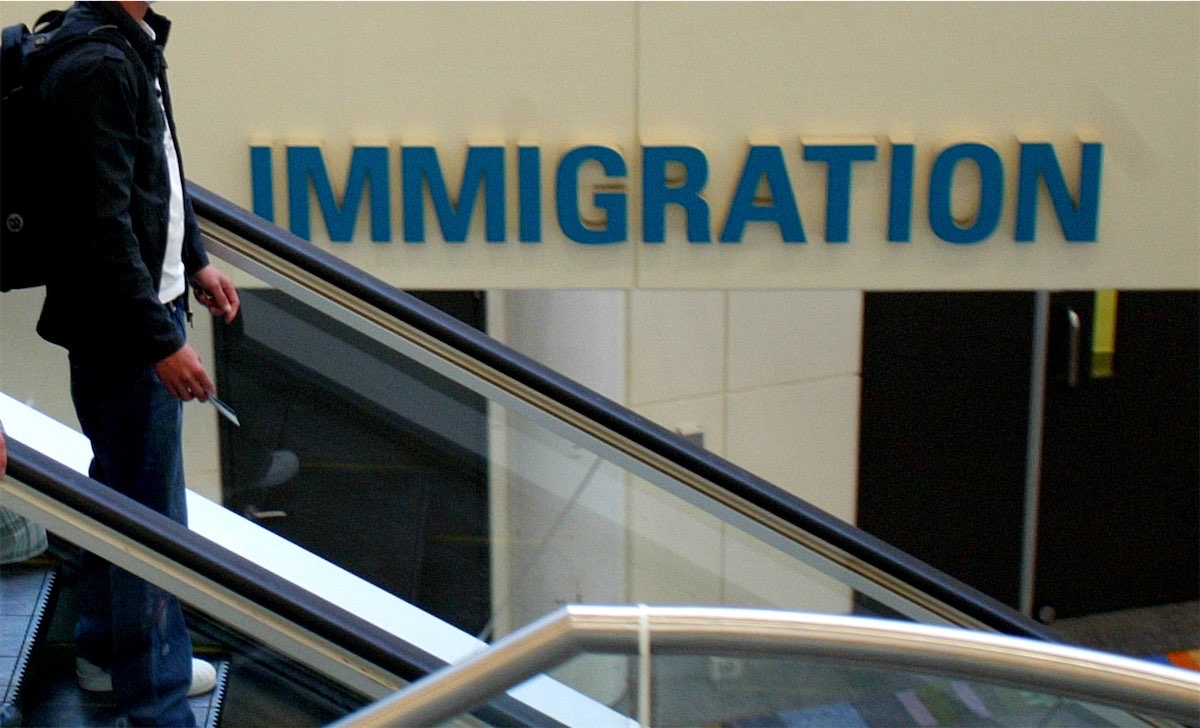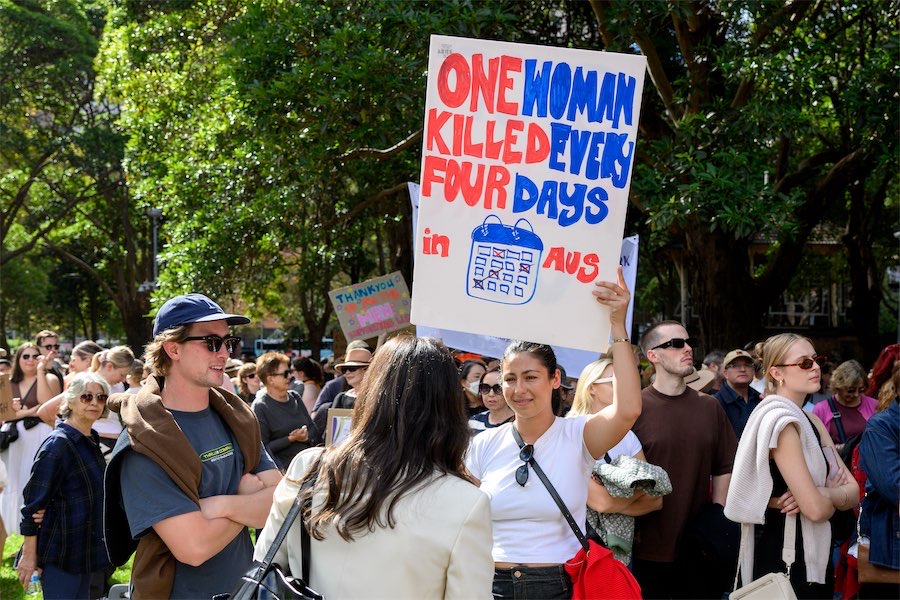
By Poppy Johnston in Canberra
A CATCH-UP in migration numbers since borders reopened after COVID-19 shouldn’t be used as a scapegoat for Australia’s failure to plan properly and build enough homes, a key business group has warned.
In a new report, the Business Council of Australia says it’s disingenuous to brand a temporary rebalancing of Australia’s migration inflows as a “big Australia” policy.
BCA chief executive Jennifer Westacott said migration numbers were returning to normal after the borders snapped shut in 2020 and 2021 during the pandemic.
“Our population is actually expected to be smaller than previously forecast irrespective of the current catch-up period of migration,” she said on Thursday.
Australia has been experiencing a mismatch between housing supply and demand, which has been pushing up rents and underpinning a rebound in home prices.
But while the council recognised a lack of housing supply as a “real problem”, it said migration was not the critical issue driving it and cutting numbers was not the solution.
“The majority of Australians agree that migration is a benefit to Australia,” the report said.
“The proviso is that this must be properly planned and managed, including the provision of sufficient housing supply.”
The council highlighted poor-performing planning systems and restrictive zoning as a handbrake on new supply.
The report also noted a decline in the number of people per dwelling, as space became desirable during covid lockdowns, added to the demand for housing even as the population shrunk.
The BCA welcomed the federal government’s efforts to reform the migration system, noting that slow and complex systems were holding the nation back as firms competed for the “best and brightest”.
The three-tier temporary labour migration plan has the group’s support, although it warned the higher boosted temporary skilled migration income threshold could weigh on the supply of workers for in-demand roles that fell below the cut-off point.
“Because of the increase to the temporary skilled migration income threshold, there is some urgency to establishing a new process for lower-wage migrant workers in industries with persistent shortages.”
Liberal frontbencher James Paterson said the pace and rate of migration was a legitimate issue for public debate, particularly its impact on housing.
“I thought this was a particularly tone deaf contribution from the business community,” he told Sky News.
“I think they have to recognise that we are not providing enough housing to Australians and we need to get on with that task if we want to make sure we can welcome migrants.”
Who can be trusted?
In a world of spin and confusion, there’s never been a more important time to support independent journalism in Canberra.
If you trust our work online and want to enforce the power of independent voices, I invite you to make a small contribution.
Every dollar of support is invested back into our journalism to help keep citynews.com.au strong and free.
Thank you,
Ian Meikle, editor





Leave a Reply